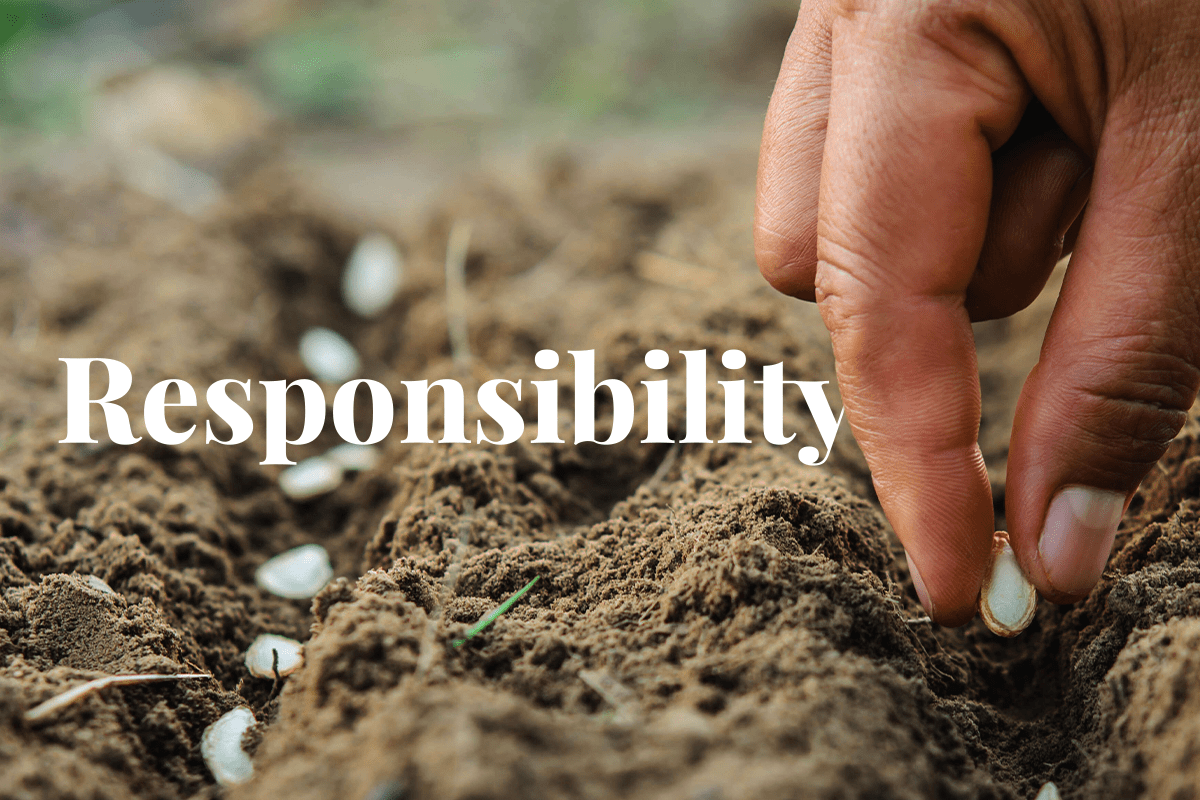Today investing is not just about making money; it's also about making a difference. Socially responsible investing (SRI) has emerged as a compelling strategy that aligns financial goals with social and environmental values. SRI goes beyond traditional investing, aiming to drive economic sustainability by investing in companies that prioritise environmental, social, and governance (ESG) criteria. In this article, we will explore how SRI is driving positive change and making a meaningful impact on society and the environment while still delivering competitive financial returns.

The principles of SRI
At the heart of SRI are the principles of ESG criteria. These criteria assess a company's performance in three key areas: environmental impact, social responsibility, and corporate governance. Companies that prioritise sustainability practices, social impact, and ethical governance are favoured by SRI investors. The triple bottom line, which considers people, the planet, and profit, is the guiding framework for SRI. This means that SRI aims to generate not only financial returns but also positive impacts on people and the planet.
Read more: All you need to know about the 3 pillars of corporate sustainability
The benefits of SRI
SRI offers a range of benefits, making it a compelling strategy for investors interested in driving economic sustainability. SRI allows investors to align their investments with their values and have a positive impact on social and environmental issues such as changing climates, human rights, and diversity.
SRI has also shown that it can deliver competitive financial returns, debunking the myth that ethical investing comes at the cost of financial performance. Studies have shown that companies with strong ESG performance tend to be more resilient and can outperform their peers in the long run. Additionally, SRI can mitigate environmental, social, and governance risks, reducing the potential for reputation damage and costly litigation.
Read more: What is an ESG score?
Challenges of SRI
While SRI has gained momentum, it still faces challenges. One challenge is the limited standardisation and transparency in the field of ESG data and reporting, making it difficult for investors to compare and evaluate companies' ESG performance.
Another possible challenge is balancing financial performance and social/environmental impact. Investors must consider possible trade-offs between financial returns and their ethical goals. Moreover, some investors and analysts remain sceptical about the efficacy of SRI, raising concerns about potential greenwashing or virtue signalling by companies. That is why it is important to implement more transparent checks and balances systems as the market matures.
Read more: Biodiversity reporting: Why corporates must take a quantitative approach
Case studies of successful SRI
Despite the challenges, there are notable examples of successful SRI that demonstrate its effectiveness in driving economic sustainability. Impact investing, which focuses on generating measurable social and environmental impact alongside financial returns, has gained traction as a powerful form of SRI. Many impact investing funds and organisations have emerged, investing in areas such as nature-based solutions, affordable housing, and healthcare access.
Corporate sustainability initiatives have also become a key driver of SRI, as companies increasingly recognise the need to address ESG factors to maintain their social licence to operate and attract investment capital. SRI has also catalysed innovation and change, encouraging companies to adopt more sustainable practices and develop solutions to pressing global challenges.
Explore the benefits of green investing
The importance of SRI
SRI is no longer a niche concept but a mainstream strategy driving economic sustainability. SRI allows investors to align their investments with their values while achieving competitive financial returns. Despite the challenges, SRI has shown that it can positively impact society and the environment while promoting long-term financial performance.
At DGB Group, our focus and greatest inspiration remains nature—a showstopping display of resilience and outstanding capacity to bounce back. We believe that by helping nature thrive, we carve a path for us all to thrive. Today, more than ever, investors can make a sizeable impact through their investments by investing for the good. DGB’s projects are designed to ensure the highest quality standards and, most of all, demonstrate real change on the ground.
Get in touch with our experts to learn more about how you can contribute



